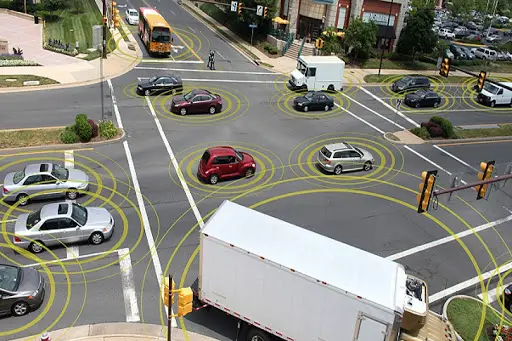Quipux Africa, the technical operator in charge of the implementation of the intelligent transport system project in Côte d’Ivoire has concluded an agreement with Bridge Bank Côte d’Ivoire relating to the first tranche of the financing of the aforementioned project.
In the amount of over US$ 5.5M according to a press release from Quipux, this funding, which reinforces the company’s initial investment, will allow the acquisition of additional radars for the extension phase of the ITS project.
Also Read: FEC approves construction of 2nd section of Apapa–Oshodi expressway
The funds will also allow the start of the development works of an administrative pound the laying of the first stone of which is scheduled for the end of June this year, as well as the extension of its network with the construction of 11 new branches and the redevelopment of the existing 30 with the opening of digital spaces.
Ultimately, Quipux plans to raise over US$ 18M on the local financial market for the full implementation of this project, which paves the way for video-verbalization, with the establishment of an electronic management system for traffic violations in Greater Abidjan as well as in certain towns in the interior.
Scope of the project
As part of the practical implementation of the project, the capital Abidjan will be equipped with 173 radars accompanied by four mobile devices or rather vehicles equipped with radars, which will ensure a complete network of the city.
According to Ibrahima Koné, the Managing Director of Quipux Africa, these are the latest generation equipment, fitted with radar, counting, and infrared cameras.
This system is expected to improve road safety, provide the administration with an information system on road accidents, and better control the mobility of people and goods throughout the region.
In the long run, it should also promote the gradual change in the behavior of road users through a system of dissemination of information and penalties for any contravening of regulations on the use of roadways open to public traffic.
